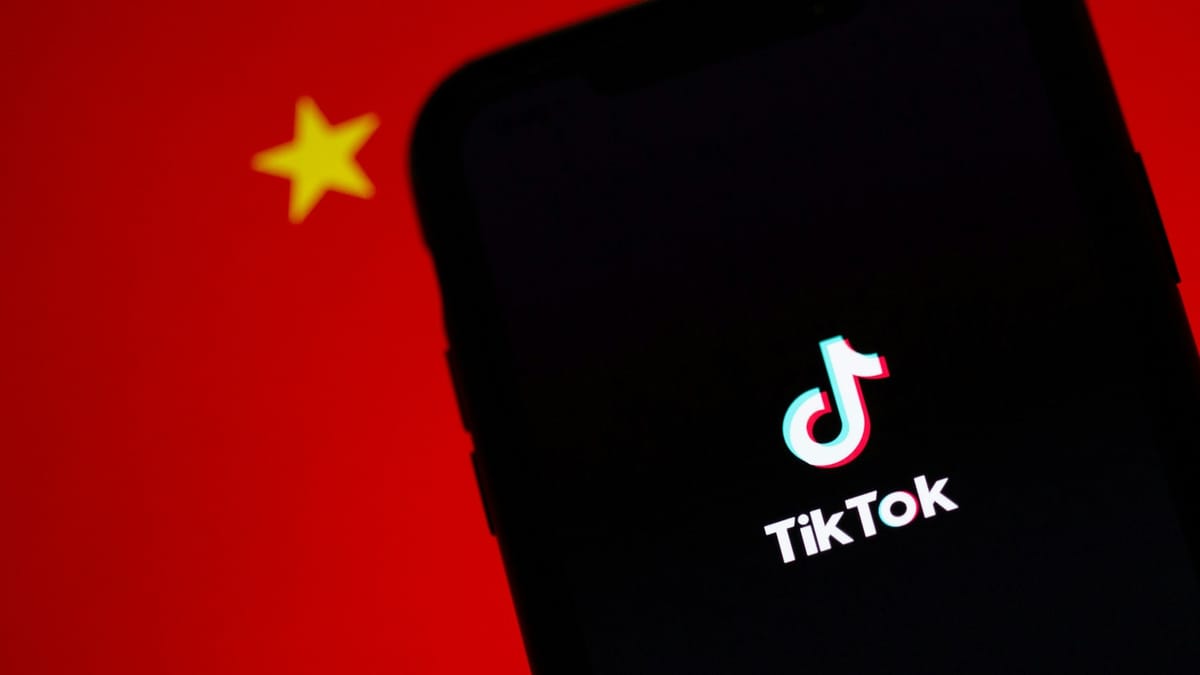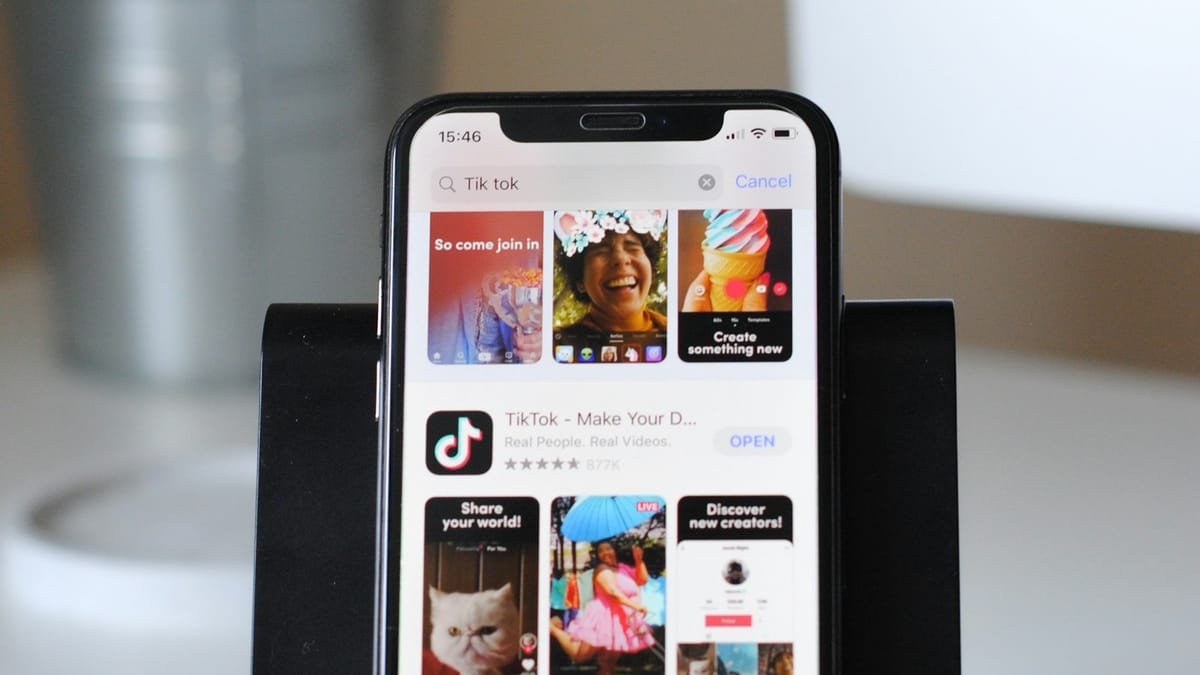TikTok‘s dance with the law is something we’re all used to seeing. The app has faced several lawsuits, especially in the US, to the point of nearly getting banned out rightly because of its links to the Chinese government.
Now, TikTok seems to be in hot water once again, but this time it’s in Canada, a neighbouring country to the U.S. where it was banned from government devices last year.
The Canadian government has reportedly ordered TikTok to shut down all its business operations in the country. In a statement by the Minister of Innovation, Science and Industry, François-Philippe Champagne, a specific reason for this wasn’t given. Rather, the claim was that TikTok and its parent company, ByteDance, posed “national security risks” to the country.
The decision reportedly came after a thorough national security review conducted by Canada’s security and intelligence agencies, which gathered information and evidence that supported the move.
TikTok’s Fate Hangs in Balance as US House Passes Landmark Bill
Following a regulatory buildup that surrounded concerns about China’s influence over TikTok, the short-form video platform might have finally met its Waterloo in the US.
Of course, TikTok isn’t one to go down without a fight as the company reportedly has plans to fight back. In a statement to Engadget, TikTok says it will challenge the order by the Canadian government because it believes “Shutting down TikTok’s Canadian offices and destroying hundreds of well-paying local jobs is not in anyone’s best interest”
Interestingly though, the TikTok app itself has not been completely banned in the country. According to Techloy, the app was only blocked from government-issued devices sometime last year, allowing citizens to still fully enjoy what the app has to offer.
Despite the legal hurdles, TikTok remains one of the most popular social platforms in Canada. According to MadeinCA, it’s the fourth most-used social app in the country, with around 14.89 million registered users. It narrowly edges out X (formerly Twitter), holding 30% of the market share compared to X’s 29%.
This recent update isn’t expected to have much effect on TikTok’s numbers in the country, but it highlights just how many countries have their security guards up against the Chinese owned company.
TikTok’s founder is officially the richest man in China
This makes him the 14th richest person in the country in 28 years.


